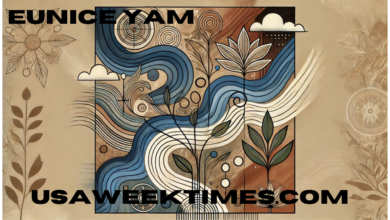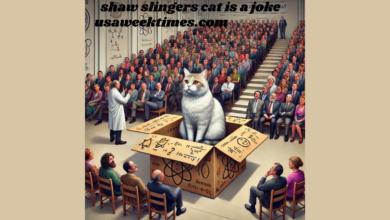Understanding “Coomersu” – A Deep Dive into Its Meaning, Relevance, and Use Cases
When combined, Coomersu alludes to a individual who is profoundly affected by internet-driven utilization propensities, frequently locks in in rash buys, binge-watching, or taking after viral patterns without much thought. This term is utilized to depict those who are exceedingly vulnerable to advanced promoting, in-app buys, and subscription-based substance, making them perfect targets for promoters and businesses.
Pertinence of Coomersu in Today’s Computerized Age
In an period where social media, spilling administrations, and online shopping overwhelm way of, life Coomersu behavior has ended up progressively common. Numerous stages are outlined to maximize client engagement, utilizing calculations that prescribe perpetual substance, focused on advertisements, and limited-time offers. This energizes clients to proceed expending without stop, strengthening incautious investing and steady advanced interaction.
Companies take advantage of Coomersu-type behavior by making showcasing procedures that offer to feelings, criticalness, and eliteness. Streak deals, elite stock drops, and algorithm-driven substance bolsters all contribute to the cycle of intemperate utilization. Numerous people unwittingly drop into this design, investing hours locks in with computerized substance or acquiring items they may not really require.
How Coomersu is Utilized in Online Talks
The term Coomersu is regularly talked about in different online communities, especially those that analyze web culture and customer behavior. Numerous individuals utilize it amusingly to depict themselves or others who habitually make imprudent buys, binge-watch amusement, or get excessively contributed in patterns advanced by influencers. A few faultfinders utilize it to highlight how computerized stages control client behavior, whereas others grasp it as a reflection of cutting edge web propensities.
In spite of the fact that Coomersu is basically utilized in a funny setting, it moreover raises mindfulness around the impact of excessive computerized utilization. As individuals gotten to be more mindful of their online propensities, they may begin addressing whether their behavior adjusts with Coomersu propensities or on the off chance that they have control over their computerized engagement.
Conclusion
The concept of Coomersu gives understanding into the developing drift of over the top advanced utilization in today’s world. With the expanding impact of social media, online promoting, and subscription-based administrations, numerous people unwittingly receive behaviors that fit this depiction. Whereas the term is frequently utilized playfully, it serves as a update to be careful of our online propensities and make cognizant choices approximately advanced engagement. By understanding Coomersu, people can reflect on their utilization designs and take steps toward a more adjusted approach to the advanced world.




